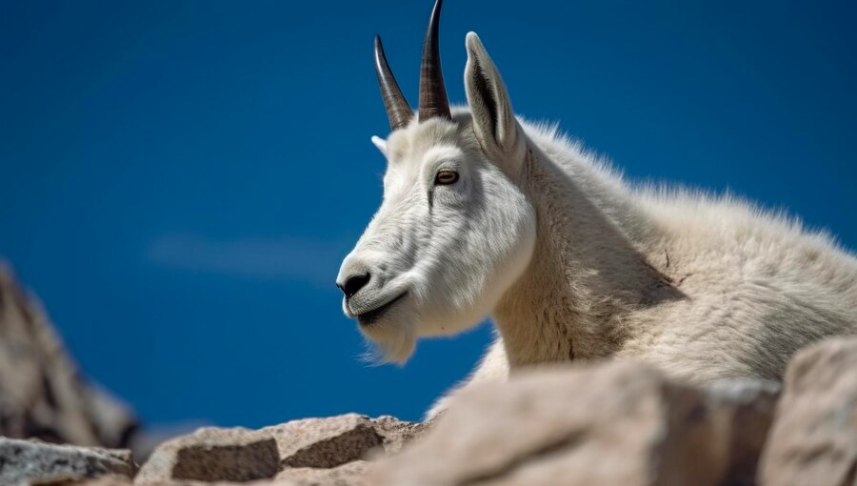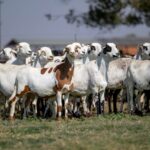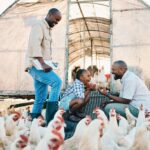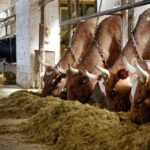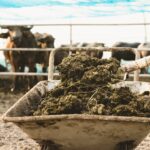Goat farming has gained popularity in South Africa as a profitable and sustainable agricultural venture. Whether you are considering goat farming for meat production, milk production, or both, it is crucial to have a comprehensive understanding of the key aspects involved. In this article, we will discuss ten essential things you should know before embarking on a goat farming journey in South Africa.
- Goat Breeds: South Africa offers a variety of goat breeds suitable for different purposes. Some popular breeds include the Boer, Savanna, and Kalahari Red, known for their meat production, while the Saanen and Toggenburg are preferred for dairy purposes. Research and select a breed that aligns with your farming goals and local market demands.
- Housing and Infrastructure: Goats require proper housing and infrastructure to ensure their health and well-being. Establish secure shelters with adequate ventilation, flooring, and fencing to protect them from harsh weather conditions and predators. Provide separate areas for kidding, feeding, and resting.
- Grazing and Forage: Goats are excellent grazers and browse on various vegetation. Ensure you have ample grazing land or provide them with a diverse range of forage options. Take into account the specific nutritional requirements of your chosen breed and supplement their diet with quality hay or other feed when necessary.
- Health and Disease Management: Develop a robust health management program for your goats. Schedule regular vaccinations, deworming, and preventive treatments for common goat diseases such as goat pox and foot rot. Establish a relationship with a local veterinarian who specializes in goat health to seek guidance and conduct routine check-ups.
- Breeding and Reproduction: Understanding goat breeding and reproduction is crucial for maintaining a productive and sustainable herd. Learn about heat detection, mating techniques, and kidding procedures. Consider factors such as optimal breeding seasons, age at first breeding, and the selection of suitable breeding stock.
- Nutrition and Feeding: Goats have specific nutritional requirements to maintain good health and productivity. Provide a balanced diet that includes a combination of grazing, browse, hay, and concentrate feed. Consult with an animal nutritionist to develop a feeding plan tailored to your breed and farm conditions.
- Market Demand and Products: Before starting goat farming, assess the local market demand for goat meat, milk, or other products. Identify potential buyers such as restaurants, markets, and individual consumers. Determine if there is a demand for live goats, meat products, dairy products, or breeding stock. This will help you tailor your farming operation to meet market needs.
- Financial Planning: Develop a realistic financial plan that includes initial investment costs, ongoing expenses (feed, healthcare, infrastructure maintenance), and projected income. Consider factors such as herd size, market prices, and potential risks to ensure the economic sustainability of your goat farming venture.
- Record-Keeping: Maintain accurate records of your goat herd, including breeding records, health history, vaccinations, and financial transactions. Good record-keeping allows you to monitor the performance of your herd, identify areas for improvement, and make informed management decisions.
- Networking and Education: Connect with other goat farmers, join local farming associations, and participate in workshops or seminars related to goat farming. Networking with experienced farmers and industry professionals will provide valuable insights and support. Stay updated on the latest research, practices, and technologies to enhance your goat farming knowledge.
Starting a goat farming enterprise in South Africa can be a rewarding and profitable endeavor. By understanding goat breeds, housing requirements, health management, breeding techniques, nutrition, market demand, financial planning, record-keeping, and networking opportunities, you can establish a solid foundation for success. Embrace continuous learning, adapt to market changes, and prioritize the well-being of your goats to thrive in the goat farming industry in South Africa.
Join 'Farmers Mag' WhatsApp Channel
Get the latest Farming news and tips delivered straight to your WhatsApp
CLICK HERE TO JOIN
